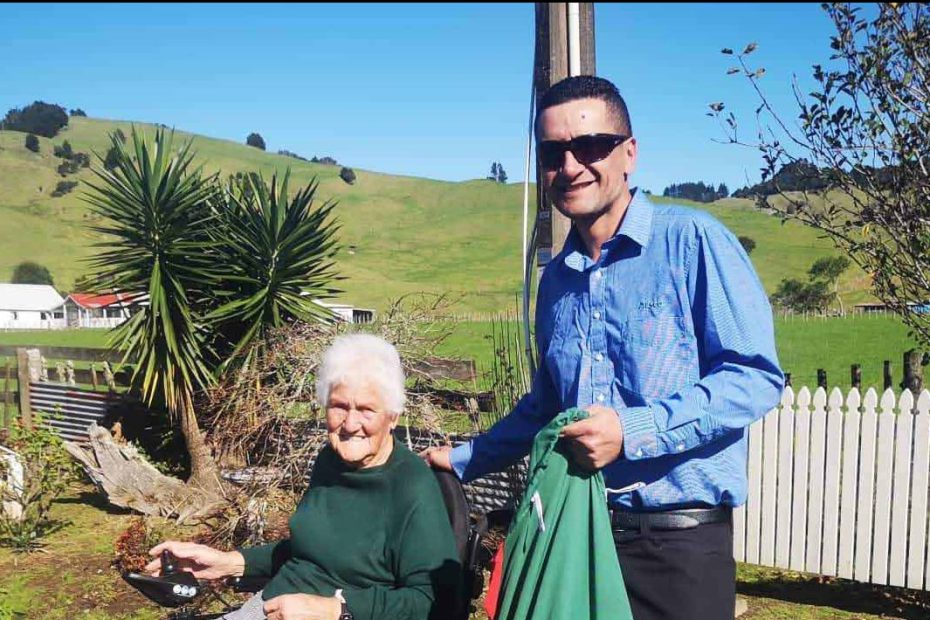The injury rate among healthcare and social assistance workers is higher than any other sector. They are exposed to various health risks and hazards including back injuries, needle-stick injuries, allergies, blood-borne pathogens, potential chemical and drug exposures, to name just a few.
With all the good they are doing for their patients, it is important for them to take extra safety precautions in order to prevent work-related injuries and illnesses.
Although it is impossible to eliminate all the risks associated with the healthcare industry, here are 7 safety tips that can help workers avoid extreme situations and minimise the risks.
1. Take Extra Measures When Lifting
From time to time, healthcare workers are required to do heavy lifting. Some patients need help getting up or need to be lifted entirely. Heavy equipment needs to be moved around the healthcare centre.
Mechanical aids should be the first option when it comes to heavy lifting. They are guaranteed to help distribute the load and strain rather evenly. Examples of these are lifts, pivot disks, and slide boards which make patient transport so much easier.
If these are not available, make sure to master and implement proper lifting techniques for medical staff. There are some specifics in this industry which require special care.
2. Pair Work Is Always Better
Another alternative to consider when mechanical aids are not available is working in pairs. More often than not, this option is overlooked. Unfairly though, as it helps distribute the load between two people. However, here are some things that you need to have in mind.
First, you need to work with someone of the similar height and build. This will help distribute the load more evenly. Second, make sure your movements are fully coordinated with your partner’s to avoid dropping and damaging the load, especially when lifting a patient.
3. Regular Maintenance Is A Must
As the quality of your services heavily depends on how effective and functional this equipment is, you just cannot afford to have any malfunctions.
When it comes to health care center and hospital equipment, nothing is of minor importance: from bed cranks and wheelchair casters to patient monitors and sterilisers, all must be checked and tested on a regular basis.
Make sure to constantly check the quality of work of employees responsible for maintenance. It is of critical importance that their job is done properly. There’s no room for poor performance given the seriousness of those affected.
4. All Hazards Should Be Reported Immediately
Spills and leaks aren’t considered a serious danger in most workplaces. It usually requires a simple mopping of the floor to get things all cleaned up. However, this is not the case in the medical industry.
The biological matter like blood and other bodily fluids that might potentially contain infectious bacteria/strains require special handling and care.
But simple hazards should not be ignored either. Small pieces of broken glass on the floor are potentially harmful to both your patients and yourself. This is why these incidents need to be reported immediately.
5. Prioritise Safe Needle Handling
All healthcare employees need to be aware of safety measures of needle handling and disposal. Used needles are a genuine potential medical hazard. The risk of infection and transference of diseases is far higher with improper needle handling.
To make sure that all of your staff is familiar with the procedures, schedule a training session. Put up posters and reminders about the centre so that the staff is constantly reminded of safe handling procedures.
Although they are a bit more expensive, it is worth investing in safe needles as they’re guaranteed to provide proper protection for workers at all times.
6. Use Protective Equipment At All Times
From masks and gloves to safety goggles and scrubs – all these items are mandatory to every healthcare worker and should never be left out. Wearing protective equipment creates a barrier between your and germs. This barrier reduces the chance of touching, being exposed to, and spreading germs.
Each department in your medical centre is connected to specific dangers it is exposed to. This is why you need to be aware of them in order to properly distribute protective equipment. By working in different conditions, each of your employees has different protective needs. Also, they might need to use different types of protective equipment for specific patients.
For instance, employees who handle laundry need sturdier gloves because they are at risk from stray needles. Medical professionals who work with patients that suffer from highly infectious diseases need high-quality masks.
7. Keep In Mind That Physical Assault Is A Possibility
Finally, physical violence against medical staff is a reality you should we aware of. Certain patients are prone to violence and you might be in real danger.
While much rarer than other risks, it’s still something to bear in mind. It is important to identify potentially problematic patients who have a history of psychiatric disorders that involve violence. If there are any that are probable problem cases, make sure that handlers of such patients are working with a partner.
There are a lot of important things to consider when it comes to occupational health and safety in the healthcare industry. For many years, Alsco has been a reliable provider of services and products for a wide range of industries, including healthcare. From uniforms to safety mats, first aid kits, defibrillators, and other relevant equipment, Alsco can cater to all your needs.
Call us today and we can customise packages and programs for rental or purchase specific to your company’s needs.
Photo courtesy of Freepik Images by Nensuria


